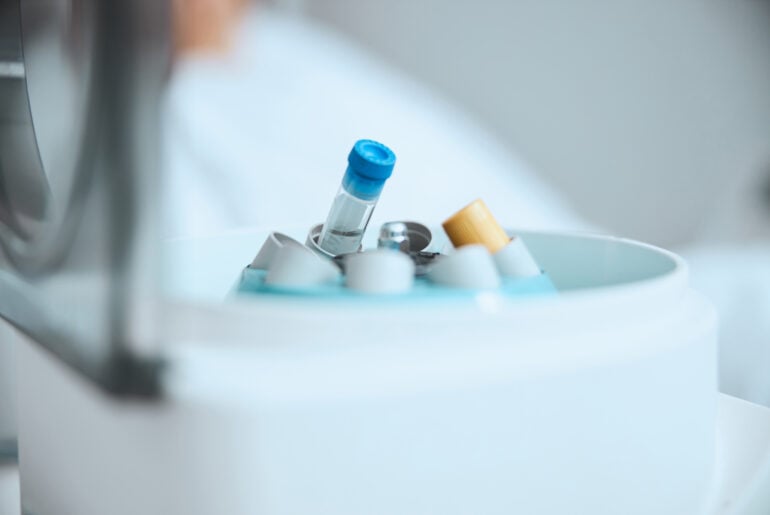On 5 November 2024 the Council of the European Union adopted the recast Urban Wastewater Treatment Directive, following the European Parliament’s approval of the text earlier this year. Of particular relevance to pharmaceutical and cosmetic companies, the recast Directive will introduce new extended producer responsibility (“EPR”)[1] obligations in respect of micropollutants from their products that end up in the urban wastewater stream.
Background
The EU’s previous Urban Wastewater Treatment Directive has been in place since 1991 and aims to protect human health and the environment from the effects of untreated urban wastewater by requiring Member States to ensure that urban areas collect and treat wastewater. In 2019, the European Commission conducted an evaluation of the Directive which highlighted the concerning emergence of new sources of urban pollution, including micropollutants generated by the consumption of pharmaceuticals and cosmetics, as well as microplastics. On 26 October 2022, the Commission tabled a proposal for a recast Directive with the aim of addressing these issues. The Council and the European Parliament reached a provisional political agreement on the proposal in January 2024.
Key updates to the Directive for healthcare and cosmetic companies
Importantly for healthcare and cosmetic companies, the recast Directive introduces EPR for “producers” of pharmaceuticals and cosmetics requiring them to contribute towards at least 80% of the costs of treatment of wastewater for the purpose of eliminating micropollutants caused by their products.
The Commission estimates that pharmaceutical and cosmetic residues represent the main source (90%) [2] of micropollutants found in urban wastewater requiring further treatment. The recast Directive therefore introduces the obligation to apply additional treatment (known as quaternary treatment) to urban wastewater in order to eliminate the broadest possible spectrum of micropollutants. Under the recast Directive, all urban wastewater treatment plants of 150,000 p.e.[3] and above must provide quaternary treatment by 2045, while plants over 10,000 p.e. may be mandated to provide quaternary treatment based on a risk assessment. At least 80% of the costs of such treatment will then be funded through the introduction of EPR obligations for the pharmaceutical and cosmetics sector.
Who will the new EPR obligations apply to?
The EPR regime will apply to “producers” that place relevant products on the national markets of Member States. Annex III of the recast Directive lays out the list of products covered by the EPR regime, which comprises those falling within the scope of the EU Human Medicines Directive and the EU Cosmetic Products Regulation.
Importantly, the EPR regime provided for by the Directive will apply to pharmaceutical and cosmetic companies as “producers” where they place in scope products on the market of an individual Member State, regardless of whether the individual components of that product were manufactured in a Member State or in a third country.
EPR obligations
The recast Directive outlines that pharmaceutical and cosmetics companies will have to pay at least 80% of the cost (including investment and operational costs) of any quaternary treatment, as well as any other costs necessary for compliance with the EPR. Member States can determine how the remaining 20% may be covered to minimise any associated impacts on the availability, affordability and accessibility of products.
The specific amount to be paid by each individual producer in each Member State will be determined based on the quantity and hazardousness of the substances contained in the products placed on that Member State market.
In practice, the Directive envisages that since urban wastewater is treated collectively, the most appropriate mechanism through which producers can comply with EPR obligations is to join a nationally recognised organisation (known as a “producer responsibility organisation”) which can implement the producers’ obligations on their behalf. In exchange for joining a producer responsibility organisation, producers will be required to:
- contribute financially to the producer responsibility organisations in order to cover the costs arising from their EPR (as outlined above); and
- report the annual quantities and hazardousness of pharmaceutical and cosmetic products that they place on the market, and whether they benefit from any of the exemptions.
There are exemptions from the EPR requirements where the relevant product(s) placed on the market: (i) do not exceed 1 tonne per year; or (ii) are rapidly biodegradable in wastewaters or do not generate micropollutants at the end of their life.
Business impact
The requirements of the recast Directive mean that economic investment – including by producers of pharmaceutical and cosmetic products – into the implementation of EPR schemes will be necessary. However, Member States are given the discretion to balance EPR obligations with the requirement to not endanger the affordability, availability and accessibility to important products (particularly medicines). The Commission is also able to adopt implementing acts to identify products that do not generate micropollutants in wastewaters at the end of their life. This will provide further clarity on the scope of products to which the EPR regime applies.
What next?
The recast Directive will enter into force on the 20th day following its publication in the Official Journal of the European Union. Following this, Member States will be required to transpose the Directive’s requirements into national legislation by mid-2027. Pharmaceutical and cosmetics companies should monitor the transposition of the Directive’s requirements in the Member States where their products are placed on the market to ensure that they can make the most of any opportunities to engage and consult with Member State legislators on the adoption and implementation of the provisions in a reasonable and workable way for industry.
[1] EPR is a principle in environmental management that extends the responsibility of manufacturers or producers beyond production to cover the entire life cycle of products, including their eventual treatment and disposal.
[2] Wastewater treatment – Consilium
[3] p.e. (population equivalents) is a measure used to calculate urban wastewater pollution loads.





